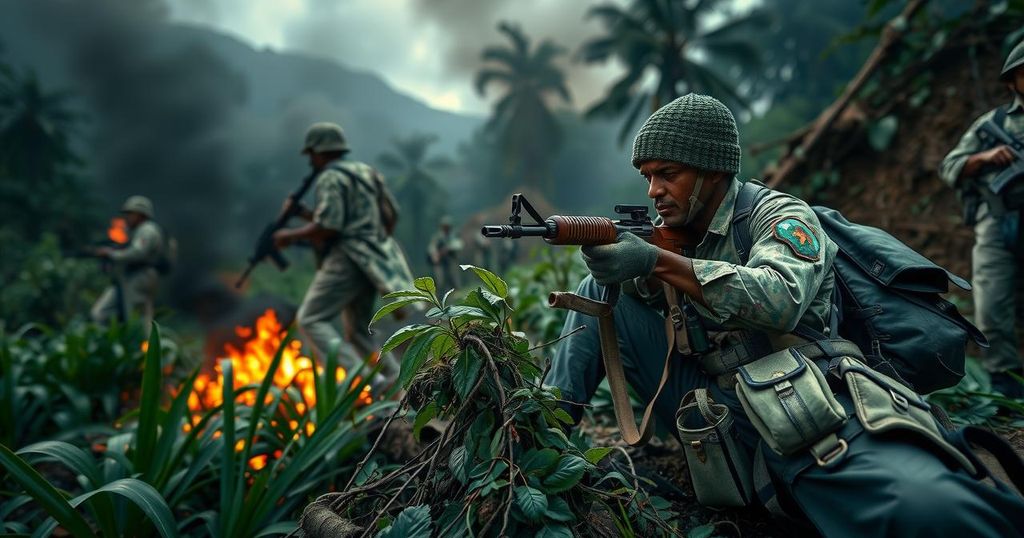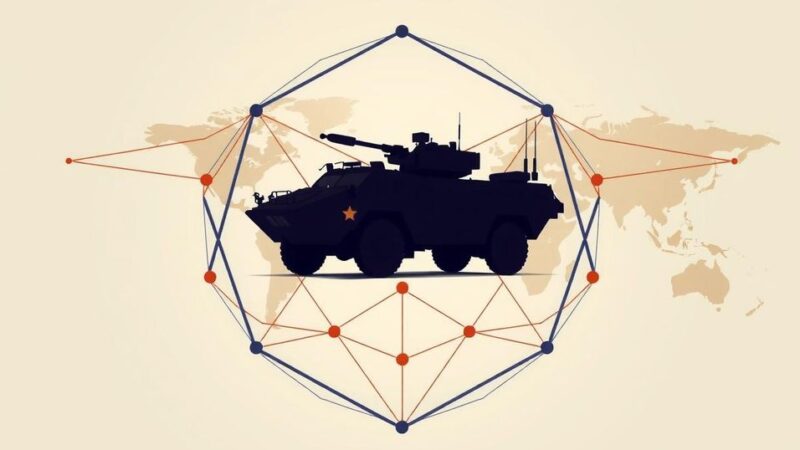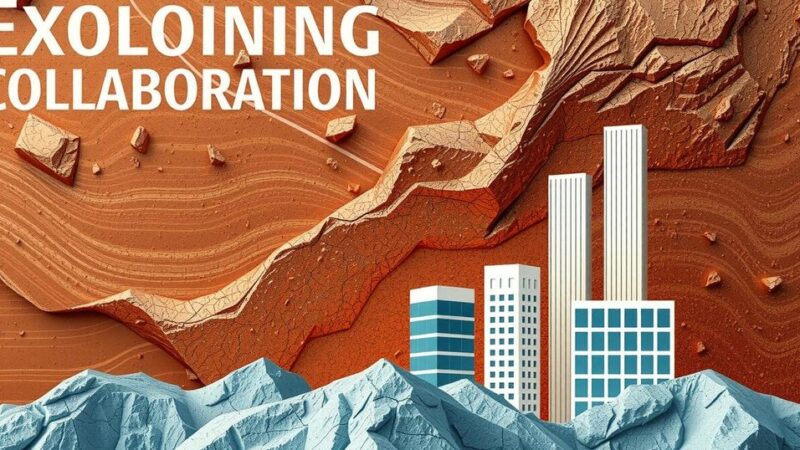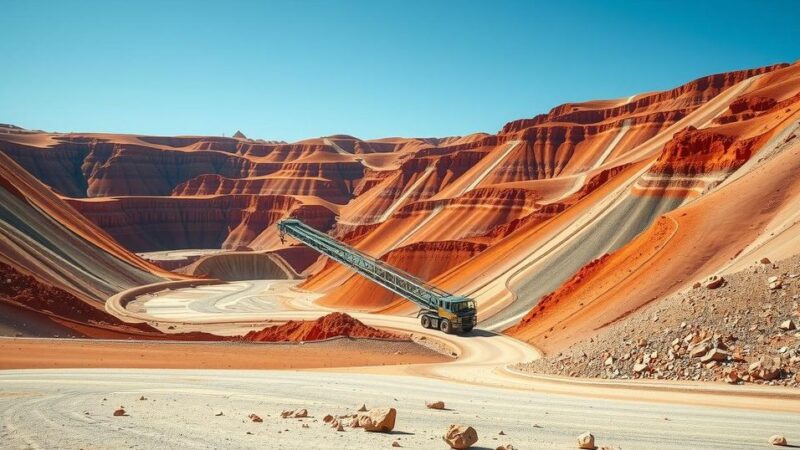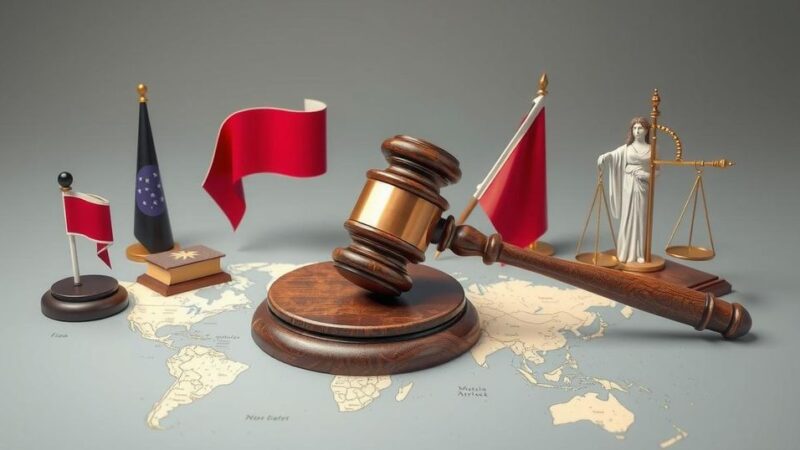The Democratic Republic of Congo is engulfed in conflict due to historical colonial legacies, ethnic tensions, political corruption, and competition for natural resources. Recurrent violence has plagued various regions, especially in eastern DRC, and has resulted in a significant humanitarian disaster affecting millions. To resolve these issues, a need for truth, justice for victims, and empowerment of civil society is imperative.
The Democratic Republic of Congo (DRC) has been embroiled in conflict since its independence from Belgium in 1960, with the roots of strife tracing back through years of post-colonial power struggles. Ethnic rivalries, political corruption, and competition over the country’s rich natural resources have fueled ongoing violence, particularly in the eastern regions bordering several neighboring nations including South Sudan, Uganda, Rwanda, Burundi, and Tanzania. In addition to these primary areas of unrest, intercommunal violence has emerged in other provinces such as Kasaï, Tshopo, Mai-Ndombe, Kwilu, and Kwango. With over a hundred armed groups currently active within the DRC, much of the violence is driven by local militias attempting to safeguard their communities amidst the chaos. The loyalties and conflicts among these armed groups are influenced by ethnic identities, economic motivations, and political agendas. Several factors exacerbate the conflict in the DRC: inadequate governance, the mismanagement of post-colonial nation-building, as well as historical grievances stemming from ethnic divisions extend the turmoil. The colonial legacy has left a lasting impact, as the arbitrary drawing of borders by European colonial powers lumped together diverse ethnic groups, leading to persistent inter-ethnic tensions and violence. Excessive natural resource exploitation also significantly contributes to these conflicts, where various armed factions financially gain from controlling valuable resources such as coltan, gold, cobalt, and diamonds. Furthermore, the history of weak governance can be traced back to Mobutu Sese Seko’s authoritarian regime, which lasted for over three decades and was rife with corruption. Following the Mobutu regime’s fall in 1997, numerous armed factions proliferated, fueled by a void of governance, economic opportunity, and a lack of basic public services, further destabilizing the nation. The involvement of foreign nations, notably Rwanda and Uganda, has intensified the situation. The aftermath of the 1994 Rwandan genocide created more chaos within the DRC as many Hutu militants fled into the country. This led to the outbreak of the First and Second Congo Wars, which drew in several African nations and resulted in significant violence, many atrocities, and the emergence of numerous armed groups with shifting alliances. Socially, the consequences of the ongoing conflict have been dire. Civilian populations suffer enormously from sexual violence, mass displacement, food insecurity, and an overall humanitarian crisis marked by poverty and lack of educational opportunities. Millions have been forced to flee their homes, and the total number of deaths related to the conflict since 1998 exceeds six million, primarily due to conflict-related hunger and disease. Reports of systematic sexual violence capture the severity of the situation, with an epidemic of rape utilized as a weapon of war. The path to resolving the conflict must involve addressing historical grievances, ensuring truth and justice for victims, and empowering civil society within the DRC. Acknowledging the suffering of millions and enhancing access to justice and reparations are crucial to breaking the cycle of violence that has gripped the nation.
The Democratic Republic of Congo (DRC) has a tumultuous history marked by colonial exploitation, ethnic tensions, and prolonged internal strife. Following its independence from Belgium in 1960, the country has struggled with governance, national identity, and inter-ethnic rivalries exacerbated by a colonial legacy that disregarded the complex social fabric of its diverse populations. With rich natural resources serving as both a blessing and a curse, competition over land and wealth has led to the rise of armed groups and persistent violence, further complicated by foreign interventions and the repercussions of regional conflicts. Today, the DRC faces a humanitarian disaster with millions affected by displacement, violence, and poverty, underlining the urgent need for comprehensive strategies aimed at peace and reconstruction.
In conclusion, the Democratic Republic of Congo’s conflicts are deeply rooted in its colonial past, ethnic divisions, and struggles over governance and resources. The repercussions of this tumult are evidenced in the humanitarian crises faced by the Congolese people, marked by violence, displacement, and poverty. Addressing these challenges demands a multifaceted approach focused on justice, accountability, and the rebuilding of civil society structures to foster peace and stability.
Original Source: www.amnesty.org

